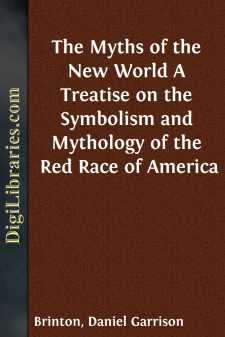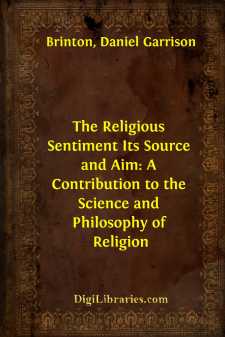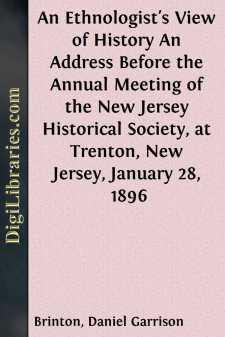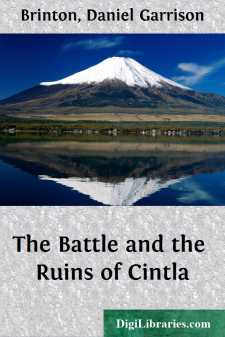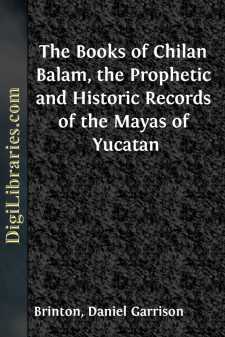Categories
- Antiques & Collectibles 13
- Architecture 36
- Art 48
- Bibles 22
- Biography & Autobiography 813
- Body, Mind & Spirit 142
- Business & Economics 28
- Children's Books 15
- Children's Fiction 12
- Computers 4
- Cooking 94
- Crafts & Hobbies 4
- Drama 346
- Education 46
- Family & Relationships 57
- Fiction 11829
- Games 19
- Gardening 17
- Health & Fitness 34
- History 1377
- House & Home 1
- Humor 147
- Juvenile Fiction 1873
- Juvenile Nonfiction 202
- Language Arts & Disciplines 88
- Law 16
- Literary Collections 686
- Literary Criticism 179
- Mathematics 13
- Medical 41
- Music 40
- Nature 179
- Non-Classifiable 1768
- Performing Arts 7
- Periodicals 1453
- Philosophy 64
- Photography 2
- Poetry 896
- Political Science 203
- Psychology 42
- Reference 154
- Religion 513
- Science 126
- Self-Help 84
- Social Science 81
- Sports & Recreation 34
- Study Aids 3
- Technology & Engineering 59
- Transportation 23
- Travel 463
- True Crime 29
The Myths of the New World A Treatise on the Symbolism and Mythology of the Red Race of America
Categories:
Description:
Excerpt
CHAPTER I.
GENERAL CONSIDERATIONS ON THE RED RACE.
Natural religions the unaided attempts of man to find out God, modified by peculiarities of race and nation.—The peculiarities of the red race: 1. Its languages unfriendly to abstract ideas. Native modes of writing by means of pictures, symbols, objects, and phonetic signs. These various methods compared in their influence on the intellectual faculties. 2. Its isolation, unique in the history of the world. 3. Beyond all others, a hunting race.—Principal linguistic subdivisions: 1. The Eskimos. 2. The Athapascas. 3. The Algonkins and Iroquois. 4. The Apalachian tribes. 5. The Dakotas. 6. The Aztecs. 7. The Mayas. 8. The Muyscas. 9. The Quichuas. 10. The Caribs and Tupis. 11. The Araucanians.—General course of migrations.—Age of man in America.—Unity of type in the red race.
When Paul, at the request of the philosophers of Athens, explained to them his views on divine things, he asserted, among other startling novelties, that “God has made of one blood all nations of the earth, that they should seek the Lord, if haply they might feel after him and find him, though he is not far from every one of us.”
Here was an orator advocating the unity of the human species, affirming that the chief end of man is to develop an innate idea of God, and that all religions, except the one he preached, were examples of more or less unsuccessful attempts to do so. No wonder the Athenians, who acknowledged no kinship to barbarians, who looked dubiously at the doctrine of innate ideas, and were divided in opinion as to whether their mythology was a shrewd device of legislators to keep the populace in subjection, a veiled natural philosophy, or the celestial reflex of their own history, mocked at such a babbler and went their ways. The generations of philosophers that followed them partook of their doubts and approved their opinions, quite down to our own times. But now, after weighing the question maturely, we are compelled to admit that the Apostle was not so wide of the mark after all—that, in fact, the latest and best authorities, with no bias in his favor, support his position and may almost be said to paraphrase his words. For according to a writer who ranks second to none in the science of ethnology, the severest and most recent investigations show that “not only do acknowledged facts permit the assumption of the unity of the human species, but this opinion is attended with fewer discrepancies, and has greater inner consistency than the opposite one of specific diversity.” And as to the religions of heathendom, the view of Saint Paul is but expressed with a more poetic turn by a distinguished living author when he calls them “not fables, but truths, though clothed in a garb woven by fancy, wherein the web is the notion of God, the ideal of reason in the soul of man, the thought of the Infinite.”
Inspiration and science unite therefore to bid us dismiss the effete prejudice that natural religions either arise as the ancient philosophies taught, or that they are, as the Dark Ages imagined, subtle nets of the devil spread to catch human souls. They are rather the unaided attempts of man to find out God; they are the efforts of the reason struggling to define the infinite; they are the expressions of that “yearning after the gods” which the earliest of poets discerned in the hearts of all men. Studied in this sense they are rich in teachings. Would we estimate the intellectual and æsthetic culture of a people, would we generalize the laws of progress, would we appreciate the sublimity of Christianity, and read the seals of its authenticity: the natural conceptions of divinity reveal them. No mythologies are so crude, therefore, none so barbarous, but deserve the attention of the philosophic mind, for they are never the empty fictions of an idle fancy, but rather the utterances, however inarticulate, of an immortal and ubiquitous intuition.
These considerations embolden me to approach with some confidence even the aboriginal religions of America, so often stigmatized as incoherent fetichisms, so barren, it has been said, in grand or beautiful creations. The task bristles with difficulties. Carelessness, prepossessions, and ignorance have disfigured them with false colors and foreign additions without number. The first maxim, therefore, must be to sift and scrutinize authorities, and to reject whatever betrays the plastic hand of the European....


